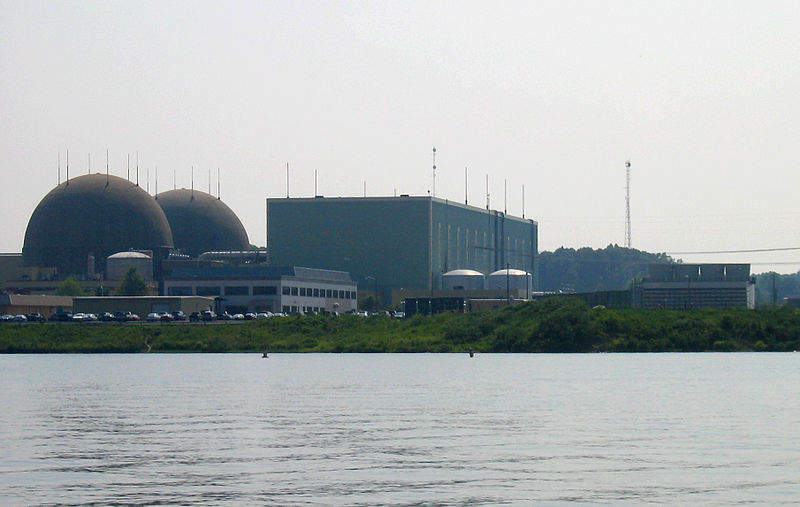
The grants will be awarded under the DOE’s Small Business Innovation Research (SBIR) and Small Business Technology Transfer (STTR) Programs.
RMD will use the funding to develop wireless detectors to monitor nuclear waste cask systems, as well as for non-destructive testing (NDT) for inspection of concrete structures in nuclear power plants.
Dynasil CEO and president Peter Sulick said: “RMD continues to be recognized as a world leader in the areas of nuclear detection and nondestructive testing utilizing Eddy Current Technology.
“Government agencies continue to tap our highly specialized research expertise to develop essential technology for nuclear waste monitoring and nondestructive testing applications.”
Earlier, the US Department of Energy and the Electric Power Research Institute launched a program to develop the next generation of long-term nuclear waste storage casks.
The casks will feature lids incorporating a variety of sensors which can report conditions of the nuclear waste inside the casks.
As part of this program, RMD is developing a radiation hard detector system which can detect beta particles emitted from 85Kr.
Additionally, the detector system will have capable of operating at elevated temperatures and in a high gamma radiation environment.
Dynasil said in a statement: “Our system will be the foundation of a dry cask monitoring system that will be self-powered and capable of transmitting changes that occur in the cask via wireless communications.”
The funding will also be used by RMD to develop a NDT technology, Eddy Current sensor array, to detect defects in steel reinforced concrete faster.
The new NDT technology, which will be used to test for defects in numerous concrete structures in nuclear power plants, is expected to provide more reliable data thus reducing the cost and time required for inspection. It also reduces costly downtime for in-service inspections.
RMD president Dr Kanai Shah said: “Our goal is to perform world-class research on critical problems and then launch next generation products into the marketplace.”






